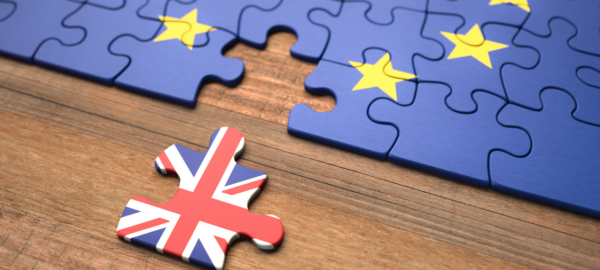
After being a resident living in the UK and EU, learning the legal foundations and delicate intricacies of British and European Commercial Law and Intellectual Property rights, it still amazes me how these two powerful entities could still place the weakest and most needy in society at peril over the political aspirations of a few wealthy, elite politicians and their political movements. This being done to the clear detriment of everyone’s parents. The birthplace of Parliamentary Democracy and Liberte, Egalite, Fraternite chose to squabble during a deadly pandemic over vaccines, a possible cure to the Covid crisis, in the middle of a third horrendous wave because there are two camps with well dug in positions over the issue of the UK leaving the EU.
When a community votes for an issue that affects them directly, a democracy should work to respect their decision even if it is not wholly correct in the eyes of professional democrats who run democracies. That is the foundation of society in Western Europe. A weakness of the EU system is that direct democracy is often lacking, and large Supranational bodies often apply policy without the constraints of grassroots communities in the process. This was a key failure in the process that lead many in the UK to push away from the EU. If the British people and those of the now streamlined European Union chose a path for their society, it will be taken by vote, but the decision should not result in a political punishment of those voters.
Citizens on both sides need vaccines, and if the parents who need it the most who lived in the European Economic Community need help, they should be helped in concert with other European nations. The European Economic Community was after all mostly a trade agreement before the legal and cultural ties of the modern EU took shape, and it functioned fairly well for citizens of both communities. A shared trade agreement between many of the current EU members and the UK needed and needs to get everyone vaccinated, whatever their politics might be in 2021, to help those who lived well under the EEC in the 70s. A people first approach should be sacrosanct when everyone’s family is at risk, whatever their political opinion on borders are currently.
While the EU as a quasi-Federal political entity did fracture, other Federated states have taken to charging at their political opposition in different regions of their country. While regional health initiatives produced more effective local results in combatting Covid, the challenging of states against other states seems to have more to do with shifting blame to political opponents instead of sharing useful health policy in an environment where honest science produces life saving healthcare strategies. On top of elites challenging elites to the detriment of the greater community, there have even been cases of petty politicians using their petty politics to belittle and even dehumanise their political opponents who are clearly members of the 1% crowd, concerned more about their job than the people they believe they govern. Such individuals need to be ejected from polite society, still landing on a cushion of power, with great rewards depending on how corrupt the system they gave birth to has become. This will not save any lives but their own it seems.
Welcome to 2021…or for most of us still waiting for vaccines under lockdowns, 2020 plus 5.